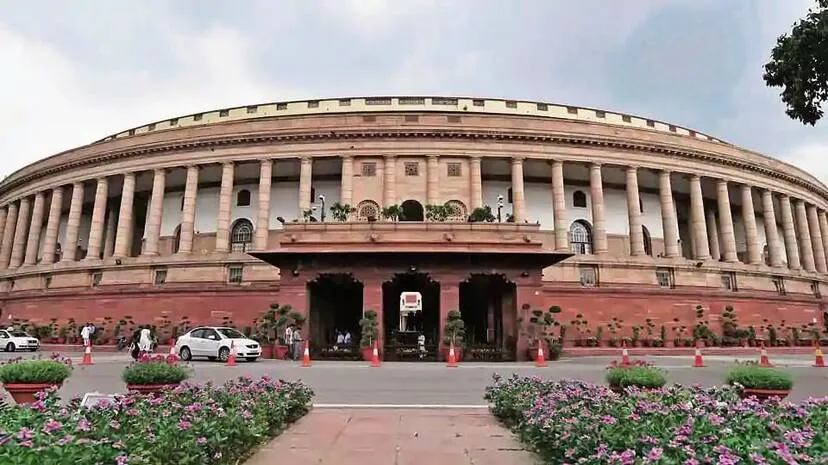

NEW DELHI: The central government has announced the National Cooperative Policy, aimed at laying a strong foundation to achieve the goal of a developed India by 2047. The plan targets a threefold increase in the cooperative sector’s contribution to GDP by 2034. States will be encouraged to establish at least one model cooperative village in each district, creating significant employment opportunities. The policy envisions inclusive growth involving farmers, women, Dalits, and Adivasis, Union Minister Amit Shah stated.
The policy will prioritise the ‘Bharat’ brand, under which all organic, agricultural, and dairy products will be marketed. Rural India will be empowered through green and solar energy initiatives. Biogas production will be boosted through dairy cooperatives. Emphasis will be given to organic and natural farming, and barren lands will be converted into fertile fields. The “One District, One Product” approach will be adopted to promote specific commodities.
Limitless business opportunities
Concerns in Kerala
Kerala has expressed concerns over the policy’s provision requiring primary societies and district/state-level federations to become members of organisations such as NAFED, Krishak Bharati, and Indian Farmers Fertiliser Cooperative (IFFCO). The central government also proposes membership in newly formed bodies like National Cooperative Organics, National Cooperative Exports, and Bharatiya Beej Sahakari Samiti. The Kerala government suspects this move could bring state cooperative institutions under central control. The state also opposes the policy mandating common banking software for cooperative banks.
8 lakh cooperative societies across the country